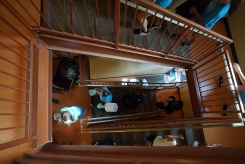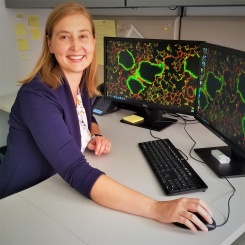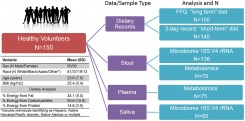Recommended Reading - October 13th, 2019
Tae Kon Kim, MD, PhD
1. Overcoming immune evasion in leukemia
2. Dissect graft-versus-host disease and graft-versus-leukemia in allogeneic stem cell transplantation (allo-SCT) by manipulating co-inhibitory molecules
3. Human correlative studies in line with clinical trials
Hematology and oncology
Recommended Reading - September 11th, 2019
Karisa Calvitti, MLAS
Karisa Calvitti is a Project Manager for the Vanderbilt Institute for Infection, Immunology & Inflammation (VI4) and the Department of Pathology, Microbiology and Immunology. She received her Bachelor of Arts in Digital Communications from Lycoming College, where she studied digital filmmaking, visual media, and business administration. She then received her Master's in Liberal Arts and Science from Vanderbilt University. Karisa comes from the university where she worked with the Vanderbilt Institute for Digital Learning (VIDL) to create Vanderbilt's online courses for COURSERA and other digital learning products.
At VI4, Karisa created The Studio and runs its daily activities. She also moderates the VI4 social media accounts, creates graphic materials, maintains the website, and mentors the VI4 Science Communication Internship.










